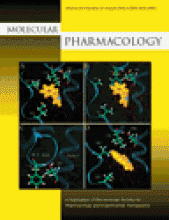Abstract
The multisubstrate deoxyribonucleoside kinase ofDrosophila melanogaster (Dm-dNK) can be expressed in human cells with retained enzymatic activity. The cells expressing Dm-dNK exhibit increased sensitivity to several cytotoxic nucleoside analogs. In this study, we further evaluated Dm-dNK as a potential novel suicide gene in combination with (E)-5-(2-bromovinyl)-2′-deoxyuridine (BVDU) as the prodrug. We used two human cancer cell lines transduced with a retrovirus encoding the Dm-dNK cDNA and investigated whether the cells expressing the enzyme can induce cell death of untransduced cells, a phenomenon known as the “bystander effect”. A bystander effect was observed in a thymidine kinase-deficient human osteosarcoma cell line but not in the MIA PaCa-2 human pancreatic adenocarcinoma cell line. The cytotoxicity of BVDU increased in both cell lines when the compound was used in combination with subtoxic concentrations of hydroxyurea. Hydroxyurea also enhanced the bystander effect in the osteosarcoma cells, but not in the MIA PaCa-2 cells, treated with BVDU. These findings indicate that BVDU phosphorylated by Dm-dNK in transduced cancer cells may also induce bystander cell death in certain cell lines.
- The American Society for Pharmacology and Experimental Therapeutics
MolPharm articles become freely available 12 months after publication, and remain freely available for 5 years.Non-open access articles that fall outside this five year window are available only to institutional subscribers and current ASPET members, or through the article purchase feature at the bottom of the page.
|






